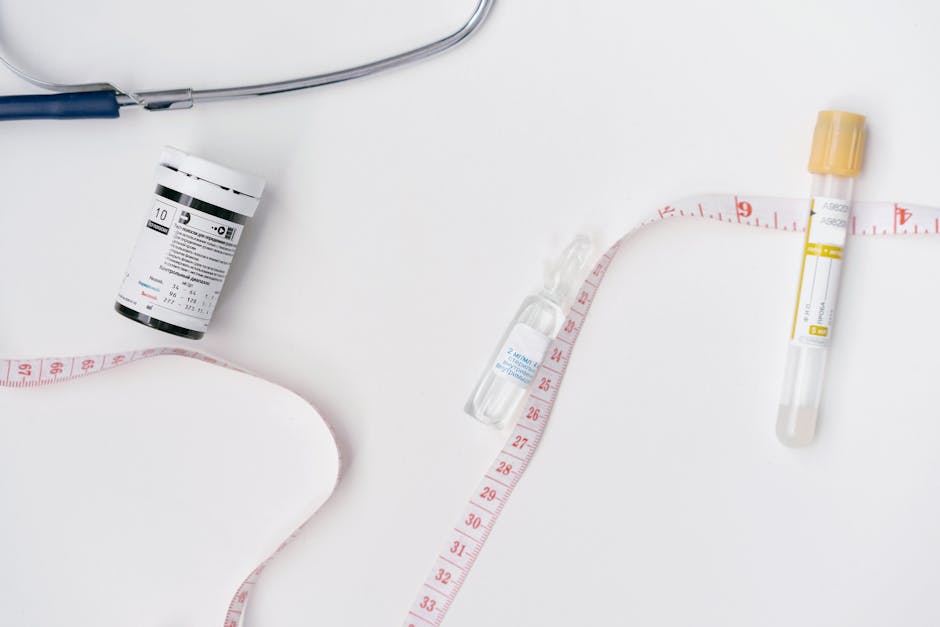
How Polygraph Testing Is Used in Various Industries
Polygraph testing, commonly known as lie detector testing, has been a topic of intrigue and debate for many years. While some view it as a crucial tool for maintaining honesty and integrity, others question its accuracy and ethical implications. Despite these controversies, polygraph testing continues to be utilized across various industries, offering insights and benefits that are hard to ignore. In this blog post, we will delve into the multifaceted world of polygraph testing, exploring its applications in different sectors, discussing its effectiveness, and providing actionable insights for those considering its use.
Understanding Polygraph Testing
Before we explore its applications, it’s essential to understand what polygraph testing entails. A polygraph test measures physiological responses such as heart rate, blood pressure, respiration, and skin conductivity, which are believed to change when a person is deceptive. Although not infallible, polygraph tests have been shown to be approximately 70% to 90% accurate, according to various studies.
The Mechanics of a Polygraph Test
The test usually involves asking a series of questions while the subject is connected to the polygraph machine. These questions are designed to establish a baseline of truthful responses and then compare those to responses when there might be deception. The examiner interprets these physiological responses to determine whether the subject is being truthful.
Applications in Criminal Justice
One of the most well-known uses of polygraph testing is within the criminal justice system. Law enforcement agencies often use polygraph tests during investigations to verify witness statements or assess the credibility of suspects. While polygraph results are not always admissible in court, they can provide investigators with valuable leads and insights.
Case Studies: Polygraph Testing in Action
For instance, in a 2019 case in Florida, the use of polygraph testing helped exonerate a suspect by confirming the truthfulness of his alibi, redirecting the investigation towards the actual perpetrator. Similarly, in the UK, polygraph tests are sometimes used to monitor sex offenders on parole, ensuring they adhere to the conditions of their release.
Corporate and Employment Screening
Another significant area where polygraph testing is employed is in corporate settings, particularly during the hiring process or internal investigations. Some companies use polygraph tests to pre-screen candidates for sensitive positions or to investigate incidents of theft, fraud, or misconduct.
Enhancing Workplace Integrity
For example, financial institutions and security firms might employ polygraph testing to ensure that employees with access to sensitive information are trustworthy. This practice can deter potential misconduct and enhance overall workplace integrity.
Government and Military Use
The government and military sectors are perhaps the most rigorous users of polygraph testing. Agencies like the CIA and NSA use polygraph tests as part of their security clearance process, ensuring that individuals in critical positions are above reproach.
Security Clearances and Confidentiality
Polygraph testing is a critical component in maintaining national security, as it helps to identify potential risks and prevent leaks of classified information. Regular screenings for personnel with high-level security clearances are commonplace, underscoring the test’s significance in these sectors.
Challenges and Ethical Considerations
Despite its widespread use, polygraph testing is not without challenges and ethical concerns. Questions about its reliability, potential for false positives, and the stress it places on individuals have led to debates about its appropriateness in certain situations.
Navigating the Ethical Landscape
Organizations considering polygraph testing must weigh these factors carefully, ensuring that tests are conducted fairly and ethically. Transparency about the process and its limitations is crucial to maintaining trust and avoiding potential legal pitfalls.
Actionable Tips for Implementing Polygraph Testing
If you’re considering utilizing polygraph testing within your organization, here are some actionable tips to ensure its effective implementation:
- Understand the Legal Framework: Familiarize yourself with the legal restrictions and requirements surrounding polygraph testing in your jurisdiction.
- Select Qualified Examiners: Ensure that the examiners conducting the tests are licensed and experienced professionals.
- Communicate Clearly: Clearly inform subjects about the testing process, its purpose, and their rights.
- Use as a Supplementary Tool: Treat polygraph testing as one part of a comprehensive assessment strategy rather than the sole determinant of truth.
Conclusion: The Evolving Role of Polygraph Testing
Polygraph testing remains a valuable tool across various industries, providing insights that can enhance decision-making and ensure accountability. While not without its challenges, when used judiciously and ethically, it can play a significant role in maintaining trust and integrity. As technology advances and our understanding of human psychology deepens, the future might hold even more refined and accurate methods of lie detection, but for now, the polygraph continues to serve as a crucial resource in the toolkit of many sectors.
